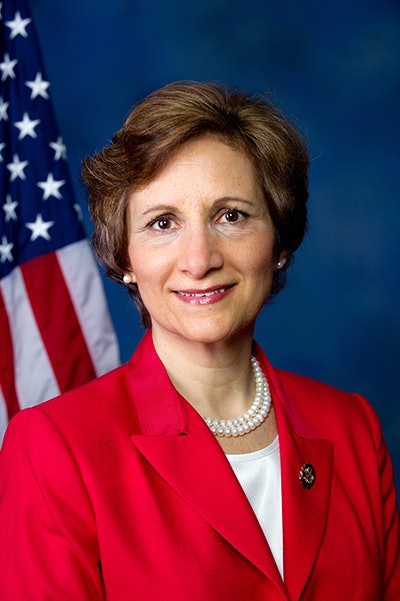Affordable, culturally based education in a supportive learning environment.
 Congresswoman Suzanne Bonamici of Oregon
Congresswoman Suzanne Bonamici of Oregon
“TCUs were founded, in part, to help combat cultural erasure after the systematic decimation of Native communities. These communities have been deeply marked by historical trauma, stemming—in part—from the use of education as a tool of government-forced assimilation,” said Bonamici. “TCUs now play a critical role in protecting and preserving culture and traditions. They also provide support to Native American students to help them succeed and meaningfully contribute to the self-governance of their Nations.”
Across the aisle, Republicans focused their time on President Biden’s rumored plan to cancel student debt. Some pointed out that, because all but one TCU do not participate in the federal student loan program, any potential debt cancellation would be unlikely to have an economic impact in Indian Country.
“Republicans tremendously value the role of all MSIs, including TCUs,” said Congresswoman Mariannette Miller-Meeks of Iowa. “However, we’ve had three hearings on MSIs and zero hearings on the need to reform student loan programs.”
TCUs offer some of the lowest tuition rates in the country, averaging at about $3,000 per year. While some TCUs receive small supplements from their states, they are almost entirely dependent on tribal and federal funds. The largest ever influx of federal funds came during the COVID-19 crisis, when the Coronavirus Aid, Relief, and Economic Security (CARES) Act, the Higher Education Emergency Relief Fund (HEERF), and the American Rescue Plan directed $367 million toward TCUs.
Carrie Billy, president and CEO of the American Indian Higher Education Consortium (AIHEC), offered testimony on the critical role TCUs play in improving the economic circumstances of their surrounding communities.





















